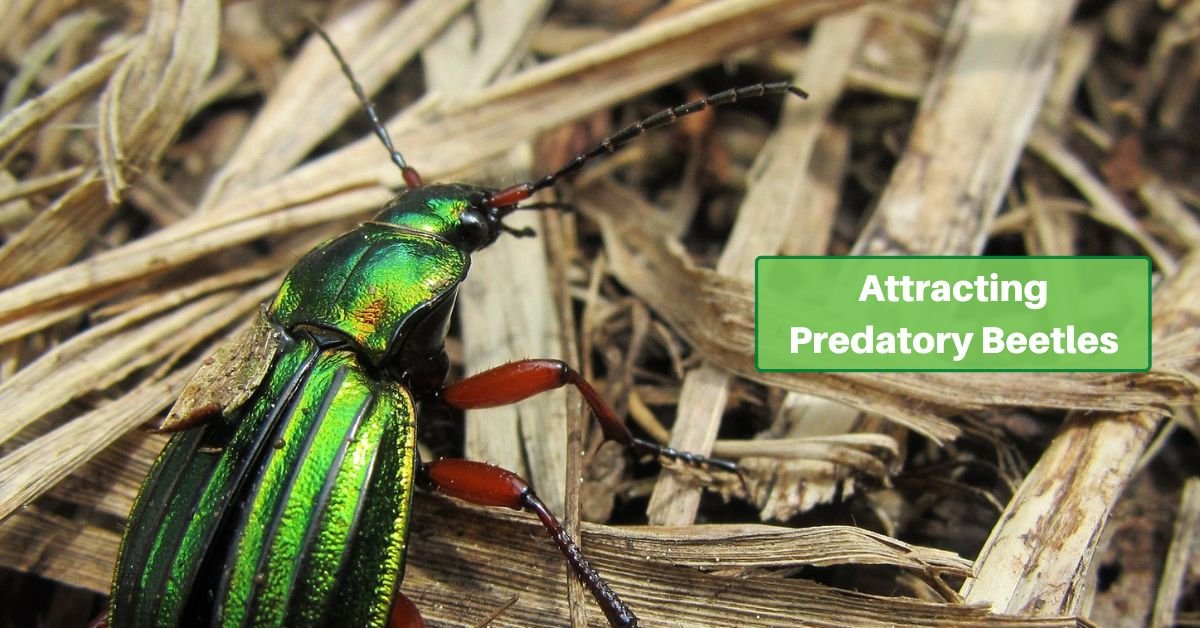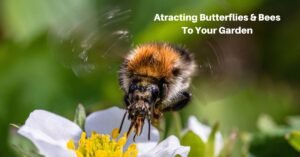As a devoted gardener, I’ve come to appreciate the crucial role of a balanced ecosystem in achieving a healthy and vibrant garden. One significant aspect of this balance involves encouraging the presence of beneficial insects, especially predatory beetles. These natural predators are indispensable in controlling pests and maintaining plant health.
Here, I’ll share practical strategies to attract these helpful allies to your garden and insight into their benefits.
Understanding the Benefits of Predatory Beetles
Before delving into how to attract them, it’s essential to understand why predatory beetles are so valuable to our gardens. These beetles, including ladybugs, ground beetles, and rove beetles, are nature’s pest control agents. They feed on common garden pests like aphids, caterpillars, and slugs, reducing the need for chemical pesticides.
Their presence indicates a healthy garden ecosystem since they thrive in balanced and diverse environments. Nurturing these beetles protects our plants and contributes to environmental wellbeing.
Creating a Beetle-Friendly Habitat
Making your garden appealing to predatory beetles starts with minimizing pesticide use. Organic gardening practices foster a safer environment for these beneficial insects. Diverse plantings, especially native species, also attract a wide range of insects, providing food for predatory beetles.
Providing Shelter
Beetles need hiding spots, like under rocks, logs, or leaf litter. Designating a small area of your garden to be a bit wilder provides them with a perfect habitat, balancing order, and natural chaos in your garden.
Night Lighting
Many predatory beetles are nocturnal and are drawn to light. Garden lights, particularly those with a yellow hue, can attract these insects while being minimally disruptive.
Water Sources
A shallow water source is essential for keeping beetles hydrated. Consider a birdbath or a dripping faucet to meet this need.
Mulching
A layer of organic mulch creates a humid environment favored by predatory beetles. It also helps control weeds – a double benefit for your garden.
Attracting with Plants
Flowering plants like daisies, alyssum, and marigolds do more than beautify your garden; they also attract predatory beetles.
Monitoring and Patience
Building a natural ecosystem takes time. Regular garden monitoring will help you spot signs of predatory beetles and gauge the success of your efforts.
Incorporating these practices enhances your garden’s beauty and health and supports the entire ecosystem’s wellbeing. By welcoming predatory beetles, we take a significant step towards sustainable and responsible gardening. Happy gardening!









